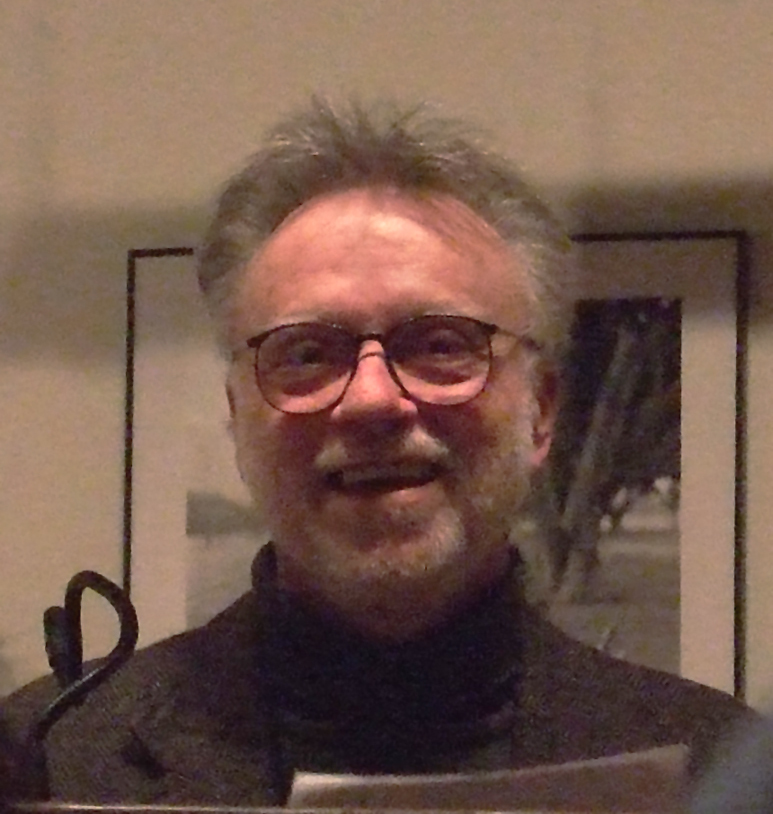 author
authorDiscover the Best Books Written by Julio Cortázar
Julio Florencio Cortázar was an Argentine, nationalized French novelist, short story writer, essayist, and translator. Known as one of the founders of the Latin American Boom, Cortázar influenced an entire generation of Spanish-speaking readers and writers in America and Europe. He is considered one of the most innovative and original authors of his time, a master of history, poetic prose, and short story in general, and a creator of important novels that inaugurated a new way of making literature in the Hispanic world by breaking the classical molds through narratives that escaped temporal linearity.
He lived his childhood and adolescence and incipient maturity in Argentina and, after the 1950s, in Europe. He lived in Italy, Spain, and in Switzerland. In 1951, he settled in France for more than three decades and composed some of his works there. Julio Cortázar was born on 26 August 1914 in Ixelles, a municipality of Brussels, Belgium. According to biographer Miguel Herráez, his parents, Julio José Cortázar and María Herminia Descotte were Argentine citizens, and his father was attached to the Argentine diplomatic service in Belgium.
At the time of Cortázar's birth, Belgium was occupied by the German troops of Kaiser Wilhelm II. After German troops arrived in Belgium, Cortázar and his family moved to Zürich, where María Herminia's parents, Victoria Gabel and Louis Descotte (a French National), were waiting in neutral territory. The family group spent the next two years in Switzerland, first in Zürich, then Geneva, before moving for a short period to Barcelona. The Cortázars settled outside of Buenos Aires by the end of 1919.
Cortázar's father left when Julio was six, and the family had no further contact with him. Cortázar spent most of his childhood in Banfield, a suburb south of Buenos Aires, with his mother and younger sister. The home in Banfield, with its backyard, was a source of inspiration for some of his stories. Despite this, in a letter to Graciela M. de Solá on 4 December 1963, he described this period of his life as "full of servitude, excessive touchiness, terrible and frequent sadness."
He was a sickly child and spent much of his childhood in bed reading. His mother, who spoke several languages and was a great reader herself, introduced her son to the works of Jules Verne, whom Cortázar admired for the rest of his life. In the magazine Plural (issue 44, Mexico City, May 1975), he wrote: "I spent my childhood in a haze full of goblins and elves, with a sense of space and time that was different from everybody else's."
Cortázar obtained a qualification as an elementary school teacher at the age of 18. He would later pursue higher education in philosophy and languages at the University of Buenos Aires Faculty of Philosophy and Letters but left for financial reasons without receiving a degree. According to biographer Montes-Bradley, Cortázar taught in at least two high schools in Buenos Aires Province, one in the city of Chivilcoy and the other in Bolivar.
In 1938, using the pseudonym of Julio Denis, he self-published a volume of sonnets, Presencia, which he later repudiated, saying in a 1977 interview for Spanish television that publishing it was his only transgression to the principle of not publishing any books until he was convinced that what was written in them was what he meant to say.
In 1944, he became a professor of French literature at the National University of Cuyo in Mendoza, but owing to political pressure from Peronists, he resigned from the position in June 1946. He subsequently worked as a translator and as director of the Cámara Argentina del Libro, a trade organization. In 1949 he published a play, Los Reyes (The Kings), based on the myth of Theseus and the Minotaur. In 1980, Cortázar delivered eight lectures at the University of California, Berkeley.
Best author’s book




















